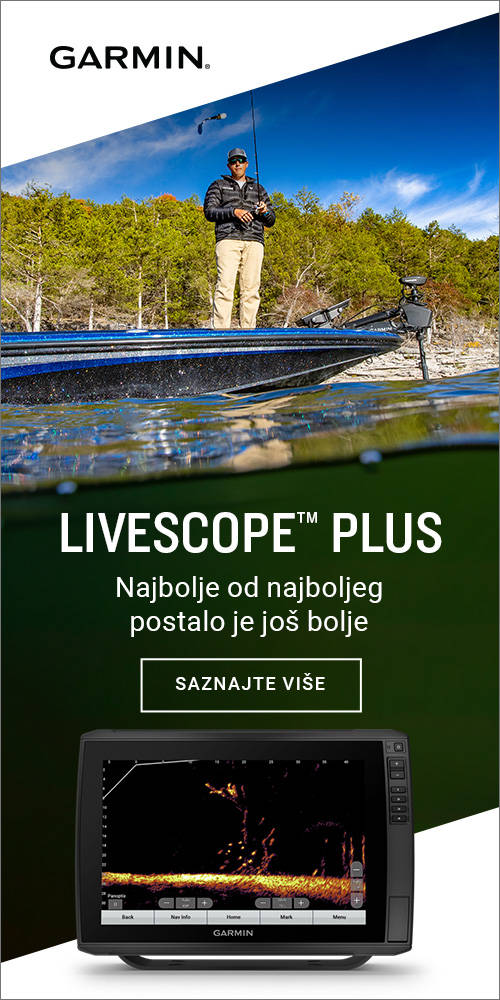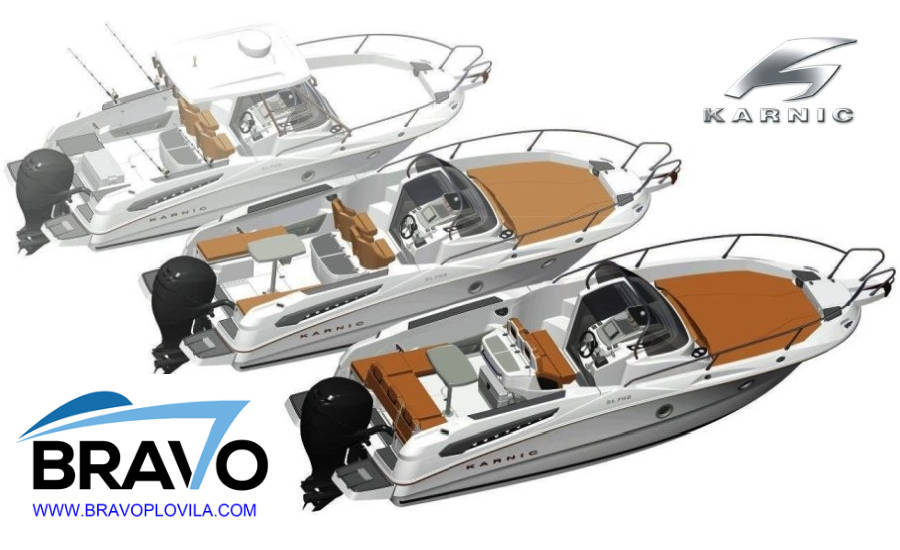"Do I need an extended warranty?" asked the caller to the Boat Owners Association of The United States' (BoatUS) Consumer Protection Bureau.
It was one of dozens of similar phone calls the organization gets each spring from harried boat buyers around the country. The answer is that "extended warranties," also known as service contracts, may not offer the full coverage you're hoping for. Knowing what they will and will not cover, however, will give a boat buyer the chance to make an educated purchase.
Here are some tips from the BoatUS Consumer Protection Bureau:
Naked truth #1: An extended "warranty" is not a warranty: An extended warranty (service contract) is not a warranty at all but rather an insurance policy that pays for repairs if the breakdown, failure, or failed component is specified as covered by the policy. On the other hand, a new boat warranty covers much more and generally offers more protections to the boat buyer.
Naked truth #2: Don't let the name fool you: Service contracts with names like Mercury Product Protection, Volvo Penta Extended Protection Program, and Brunswick Product Protection are usually written by independent companies, not the manufacturer.
Naked truth #3: Not everything is covered: A service contract does not imply that the boat or engine manufacturer will go above and beyond if problems occur. It covers specific items only. On the other hand, a new boat warranty is a guarantee that the manufacturer will stand behind the product in a specific way or period of time. What does this mean to the boat buyer? A new boat warranty would replace a defective water pump, for example, and repair any damage that was a result of the failed pump overheating the engine. With a service contract, the pump is a commonly covered repair but the overheating damage is generally not.
Naked truth #4: The real cost of repairs could be higher: Service contracts could come with some out-of-pocket repair costs. That's because while they may cover a certain broken engine part, the contract may not cover the costs to remove the engine to access the part. Also, service contracts generally have nominal deductibles.
Naked truth #5: The overlap issue: Service contracts sold by independent companies begin as soon as they receive your premium, but these contracts take a back seat to the new boat warranty. This means if your service contract is for five years and the new boat warranty is for two, you actually only get three years of service contract protection. The exceptions are the extended warranties sold by Mercury and Volvo that begin after the manufacturer's new boat warranty runs out.
Naked truth #6: Wait to buy: If you're buying a new boat, don't rush into a decision to purchase a service contract at closing, as many independent service contract providers give up to a nine-month or one-year window to purchase an extended warranty for new boats. Waiting to purchase until you're near the end of this window extends the life of the service contract in your favor. This is usually not an option with a used boat purchase.
Naked truth #7: The check was in the mail: Twenty-five percent of all service contract complaints to BoatUS involve dealers "forgetting" to send the premium to the contract's provider, which doesn't come to light until the boater needs the coverage.
Naked truth #8: Approval needed: All service contracts require preauthorization before work begins, some will require work to be done only at "approved" shops or, in the case of third-party service contracts sold by dealers, may require all the work to be completed by the dealer who sold you the boat.
Naked truth #9: Breakdown time revealed: Most defects in new boats and engines appear within the standard warranty period.
Naked truth #10: The durability wildcard: Knowing how "durable" your boat is can help you make a decision on purchasing a contract. BoatUS members have access to the BoatUS Consumer Protection Database that contains thousands of first-hand reports on boats and engines at www.BoatUS.com/consumer. For membership information visit www.BoatUS.com or call 800-395-2628.






















